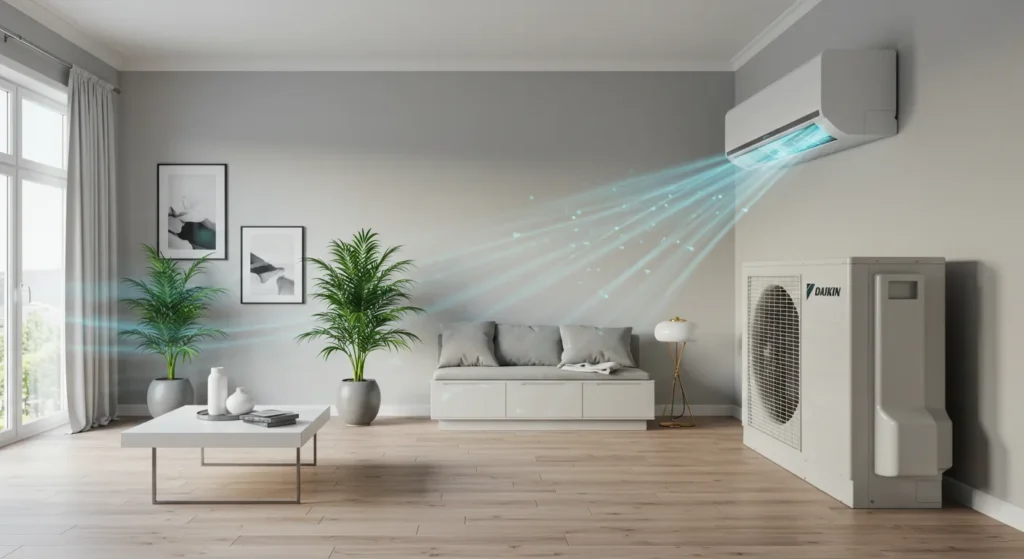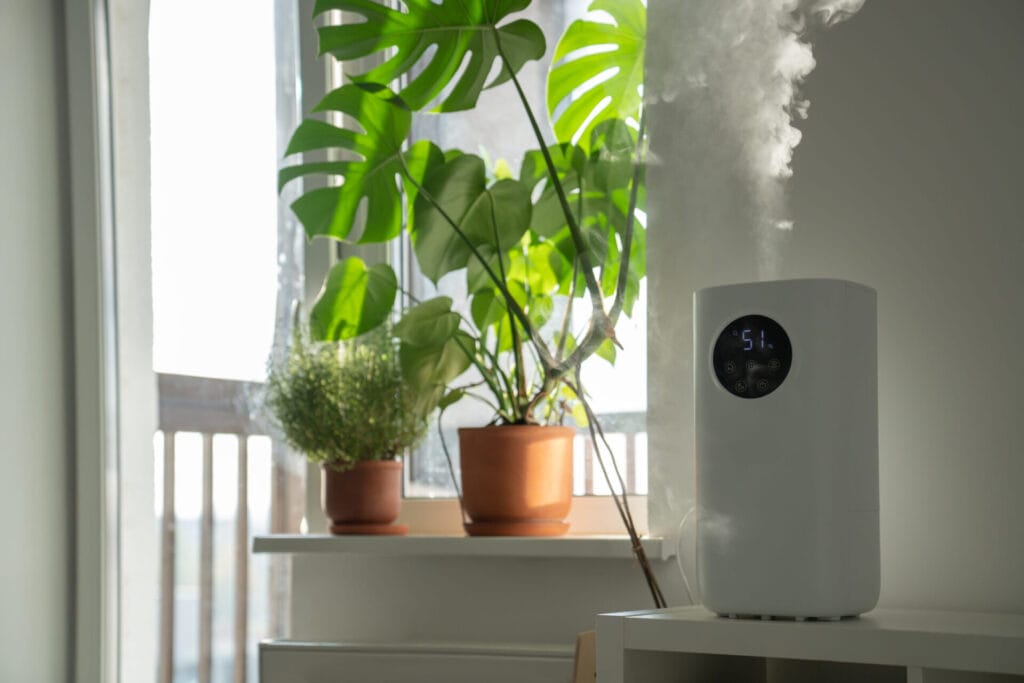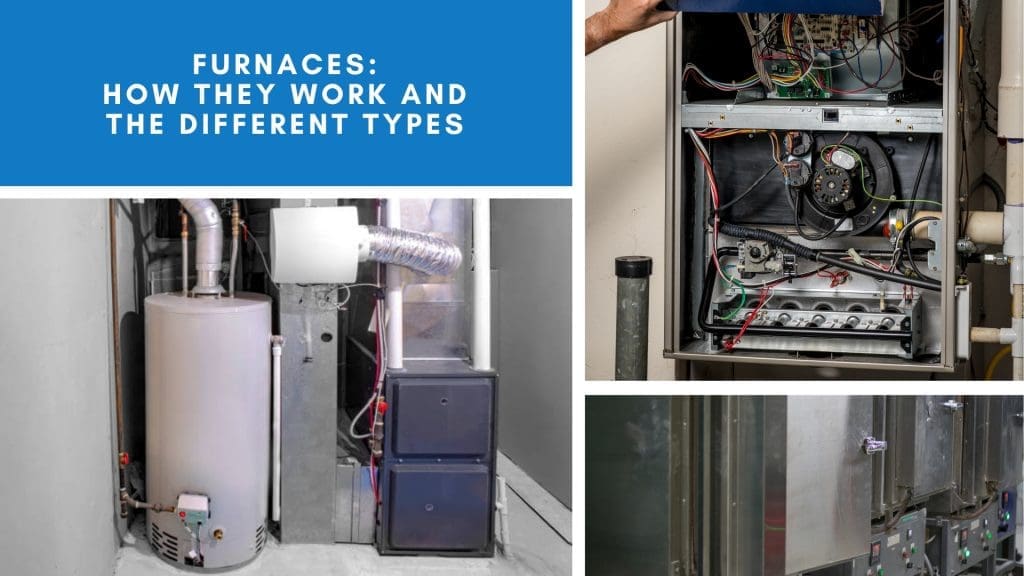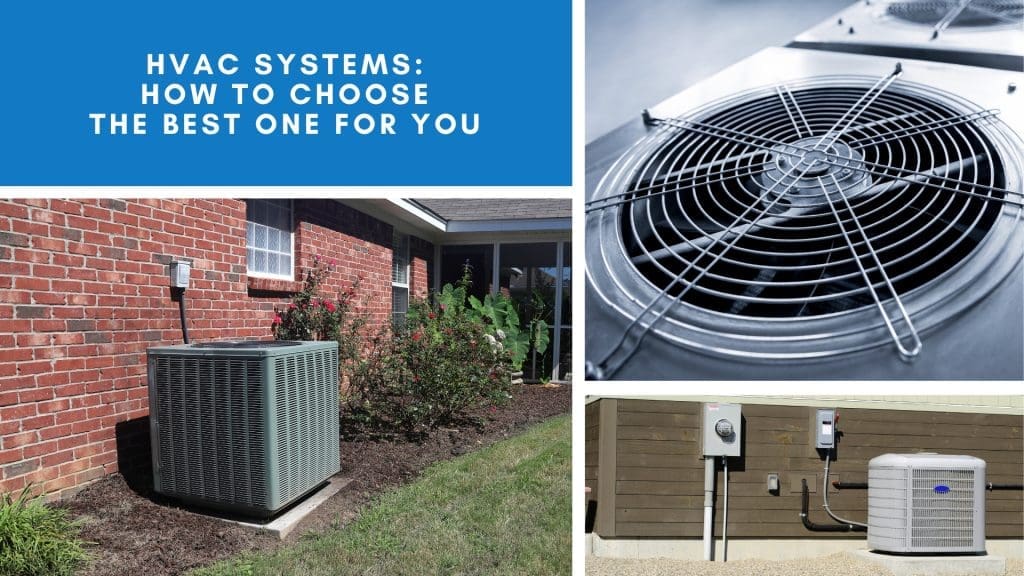Los Angeles is a city of dreams, known for its sunny weather and vibrant culture. But there’s a less glamorous side to this bustling metropolis – its air quality.

The air quality in Los Angeles often ranks among the worst in the nation. This is a concern not just for environmentalists, but for every resident who breathes in this air.
Understanding the state of LA’s air quality is the first step towards improving it. This involves learning about the Air Quality Index (AQI), the main pollutants, and their sources.
But knowledge alone isn’t enough. We need to take action. This could mean making changes in our homes, our workplaces, and our communities.
In this guide, we’ll explore practical tips for improving LA’s air quality. We’ll delve into the role of HVAC systems, the benefits of green spaces, and the importance of community involvement.
Whether you’re a small business owner, a work-from-home professional, or a stay-at-home mom, this guide has something for you.
Together, we can breathe easier in LA. Let’s get started.
Understanding LA’s Air Quality Challenges
Los Angeles faces significant air quality challenges due to its unique geography and population density. Surrounded by mountains, the city’s layout traps air pollution, making it difficult for smog to disperse.
Many factors contribute to LA’s air pollution, with traffic and industrial emissions being the primary culprits. Yet, natural occurrences like wildfires exacerbate the situation, leading to even poorer air quality.
In understanding these challenges, it’s important to consider both indoor and outdoor air quality. Many people overlook indoor air, but pollutants can accumulate and impact our health just as much as outdoor air.
The main pollutants in LA’s air include:
- Particulate matter (PM2.5 and PM10)
- Nitrogen dioxide (NO2)
- Ozone (O3)
Addressing air quality in LA requires coordinated efforts from individuals, businesses, and the government. Each plays a crucial role in formulating solutions and implementing changes.
Moreover, staying informed about current air quality levels is essential. This allows residents to take necessary precautions, especially on days with high pollution levels.
The Air Quality Index (AQI) Explained
The Air Quality Index, or AQI, is a vital tool that helps residents understand the current air quality. It translates complex data into a simple scale indicating pollution levels.
An AQI value near zero represents good air quality. Values above 100 signal unhealthy conditions, especially for sensitive groups.
The index considers several pollutants, such as ozone and particulate matter, to provide an overall air quality score. By checking the AQI daily, residents can make informed decisions about outdoor activities and take steps to minimize exposure.
Health Impacts of Poor Air Quality
Poor air quality poses serious health risks, particularly for vulnerable populations like children and the elderly. Exposure to high pollution levels can aggravate asthma, lung diseases, and other respiratory conditions.
Even short-term exposure can lead to symptoms like coughing and shortness of breath. Over time, living in an area with poor air quality may contribute to chronic health issues.
Thus, understanding these health impacts underlines the importance of proactive measures to improve air quality. Staying informed and implementing pollution control methods helps protect public health.
Sources of Air Pollution in LA
Traffic is a major source of air pollution in LA. High numbers of vehicles release emissions that contribute to the smog over the city.
Industrial activities also play a significant role. Factories and refineries emit pollutants, adding to the city’s air quality challenges.
Moreover, seasonal wildfires severely impact air quality, filling the air with smoke and ash. These events highlight the need for efficient strategies to mitigate their effects.
Lastly, household sources like cooking and cleaning products release volatile organic compounds (VOCs). These contribute further to the accumulation of indoor pollutants.
By addressing each of these sources, we can make strides toward cleaner air in Los Angeles. It’s a collective effort that requires awareness and action on all fronts.
Practical Tips for Improving Air Quality in LA
Reducing Traffic Emissions
LA’s traffic is infamous, and reducing vehicle emissions is key to improving air quality. Carpooling and using public transportation are excellent methods to decrease the number of cars on the road.
Electric and hybrid vehicles also offer cleaner alternatives to traditional gas-powered cars. Switching to these vehicles can significantly cut down emissions.
Moreover, planning your trips to avoid peak traffic hours can help reduce your vehicle’s idling time. This small change decreases emissions and contributes positively to the city’s air quality.
Enhancing Green Spaces
Green spaces act as the city’s lungs, filtering pollutants and providing fresh air. Planting more trees and creating urban green spots can substantially improve air quality.
Community efforts to build and maintain local parks bring both environmental and social benefits. Green areas not only enhance air quality but also improve community well-being.
Incorporating rooftop and vertical gardens in urban areas can add greenery where ground space is limited. These initiatives support biodiversity and contribute to better air conditions in dense urban settings.
Energy-Efficient Practices
Energy-efficient practices reduce emissions from power plants, a significant pollution source. Using Energy Star-rated appliances cuts energy consumption and supports cleaner air.
Switching to LED lighting and smart thermostats can save both energy and money. These small adjustments have a big impact on decreasing your household’s energy footprint.
Installing solar panels further promotes clean energy use. Solar energy reduces reliance on fossil fuels, leading to lower emissions and healthier air for everyone.
Supporting Local Air Quality Policies
Local government plays a crucial role in shaping air quality through policies. Supporting policies that aim to reduce emissions encourages accountability and progress.
Engage with community meetings and advocacy groups to voice your support for stronger air quality regulations. Your involvement can influence policy decisions and promote healthier environments.
Staying informed about new policies and initiatives allows you to adapt and contribute effectively. Together, community support and policy enforcement drive meaningful improvements in air quality.
Indoor Air Quality Management
Importance of HVAC Maintenance
Regular HVAC maintenance is vital for maintaining good indoor air quality. A well-maintained system ensures efficient airflow and filters out pollutants.
Dirty filters and clogged ducts can circulate allergens and contaminants throughout your home. Routine checks and cleaning prevent these issues, promoting cleaner indoor air.
Moreover, professional HVAC services can identify and resolve potential problems early. This proactive approach extends your system’s life and improves air quality for your space.

Air Purifiers and HEPA Filters
Air purifiers with HEPA filters are effective tools for removing airborne pollutants. These devices capture particles like dust, pollen, and smoke, improving indoor air.
Choosing an air purifier suitable for your space size maximizes its efficiency. Positioning it strategically in high-use areas further enhances its impact.
HEPA filters require regular replacement to maintain effectiveness. By keeping them clean, you ensure consistent removal of indoor pollutants and enjoy fresher air.

Ventilation and Plants
Proper ventilation is essential for maintaining healthy indoor environments. It allows fresh air to circulate, reducing the buildup of indoor pollutants.
Natural ventilation, such as opening windows, helps improve air quality when outdoor conditions are favorable. Mechanical ventilation systems also assist in maintaining airflow in closed spaces.
Integrating indoor plants can enhance air quality further. Plants like spider plants and peace lilies naturally filter air and add a touch of nature to your home.
For the LA Community: Taking Action Together
Community Involvement and Education
Community involvement is key to addressing LA’s air quality challenges. By participating in local events, residents can raise awareness and drive positive change.
Education plays a vital role in reducing pollution. Workshops and seminars help spread knowledge about sustainable practices and the benefits of clean air.
When individuals understand their impact, they can make informed choices. Together, informed communities can promote practices that lead to healthier air for everyone.
Local Environmental Groups and Initiatives
Joining local environmental groups can amplify your efforts to improve air quality. These organizations often host clean-up events and initiatives focusing on pollution reduction.
Initiatives led by such groups often aim to reduce emissions and promote sustainability. They work by lobbying for stronger policies and encouraging green practices among residents.
By supporting these groups, you contribute to collective efforts. Together, we can create more impactful solutions to the air quality issues that affect our community.
Creating a Personal Action Plan
Developing a personal action plan can strengthen your commitment to cleaner air. Start by identifying simple practices that you can incorporate into your daily routine.
Consider using public transportation or carpooling to reduce emissions. Additionally, adopt energy-saving habits, like turning off lights when not in use, to further reduce your footprint.
Track your progress and revisit your goals to maintain motivation. Small changes, when compounded over time, can lead to significant improvements in air quality.
Professional HVAC Services and Air Quality
Choosing the Right HVAC Contractor
Selecting the right HVAC contractor is crucial for maintaining indoor air quality. A skilled professional ensures your system operates efficiently, saving you time and hassle.
Look for contractors with proper certifications and a solid reputation. Reading customer reviews can provide insight into their reliability and service quality.
A trustworthy contractor will offer transparent pricing and clear communication. Prioritize those who provide customized solutions to meet your specific air quality needs.
The Role of Smart Home Technology
Smart home technology can greatly enhance air quality management. With smart thermostats and air monitors, you can optimize your home’s environment effortlessly.
These devices provide real-time data, helping you make informed decisions. They adjust settings automatically, ensuring your indoor air remains fresh and clean.
Integrating smart technology can also lead to energy savings. By using data-driven insights, you can reduce energy use and lower your carbon footprint.
The Importance of Customer Satisfaction
Customer satisfaction is essential in the HVAC industry. When clients are happy with services, they are more likely to maintain systems proactively.
Satisfied customers often provide valuable feedback. This input can help improve services and foster a trusted relationship between client and contractor.
In turn, a focus on satisfaction leads to repeat business and referrals. This cycle ensures that both the company and client benefit from a commitment to quality service.
Conclusion: Improving LA’s Air Quality and Breathing Easier in LA
Improving Los Angeles’ air quality is a community effort, requiring actions from individuals and businesses alike. By adopting practical strategies, we can all contribute to healthier air for everyone.
Simple changes, such as using public transport or planting greenery, can make a significant difference. These efforts, combined with efficient HVAC maintenance, help ensure clean indoor environments.
By staying informed and making conscious choices, we can enhance both outdoor and indoor air quality. Together, we can breathe easier and enjoy a cleaner, healthier Los Angeles.
Call to Action
Ready to take action? Ensure your HVAC system is part of the solution. Schedule a check-up with LC Heating and Air Conditioning today and improve your indoor air quality.
Visit our website at lahvaclc.com or call us at (818) 858-7080 for expert advice and services. Let’s create a healthier LA together!


